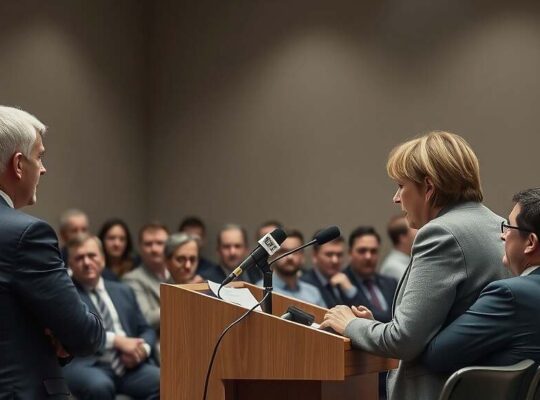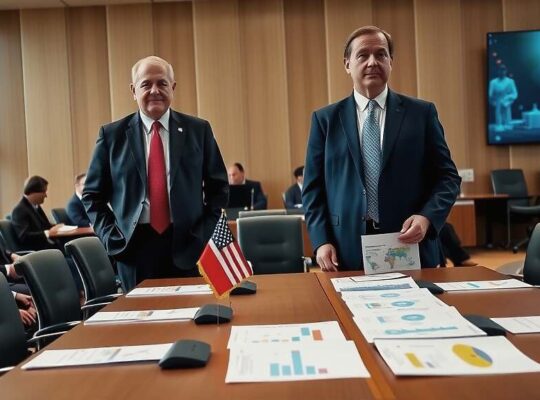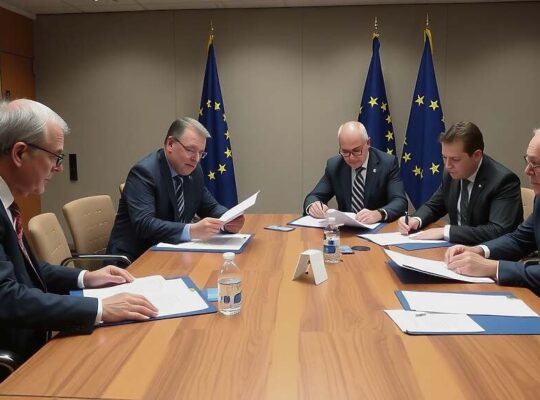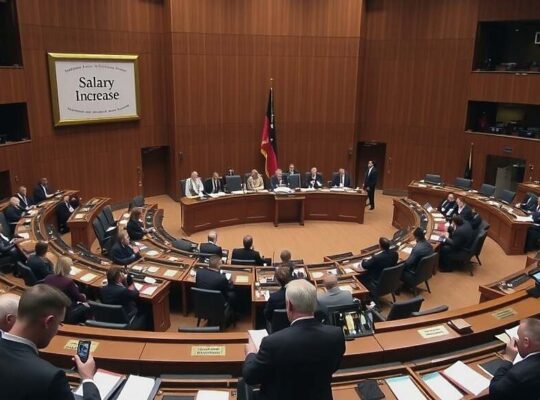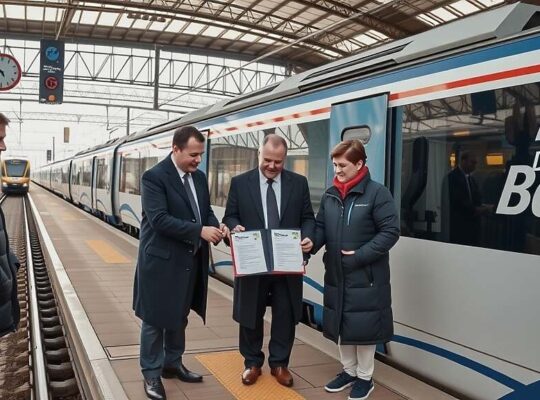A tentative agreement reached between the service sector union Verdi and TÜV Bund, a major technical inspection and certification organization, has been ratified by union members. The outcome, confirmed Tuesday, represents a fragile compromise amidst protracted negotiations, highlighting growing tensions over wage stagnation and rising cost-of-living pressures within the vital infrastructure sector.
The ratified agreement, accepted by 78% of Verdi members surveyed, stipulates salary increases of 3.0% effective October 1st, 2025, followed by a further 2.6% increase from January 1st, 2027. A one-off payment of €280 will be disbursed to employees retroactively covering the period from July to September 2025. Furthermore, vacation allowances will be supplemented with a recovery contribution of €7.10 per vacation day starting June 2027, excluding employees of the Gesellschaft für Anlagen- und Reaktorsicherheit (GRS). A significant component of the deal includes free Deutschlandtickets for union members from December 1st, 2025, to December 31st, 2027, a move intended to mitigate the impact of transportation costs.
Verdi’s lead negotiator, Michael Aschenbach, characterized the agreement as a victory born from sustained opposition to employer intransigence. However, critiques are already emerging within the union and from external observers. The delayed implementation of the salary increases and the comparatively modest percentage rises, despite rapidly increasing inflation rates, are being viewed by some as a missed opportunity to secure more substantial gains for the roughly 10,000 employees impacted, including those working within TÜV-Nord, GRS and TÜV Hessen.
The protracted negotiations and the subsequent fragile nature of the agreement underscore a wider trend across Germany’s public and private sectors. Employers are increasingly reluctant to grant significant wage increases, citing economic uncertainties and competitive pressures. This reluctance has fueled concerns about a potential erosion of workers’ purchasing power and the risk of exacerbating social inequality. The concessions made by Verdi, viewed as necessary to avert potential strike action, raise questions about the union’s capacity to effectively advocate for its members in the face of increasingly entrenched employer resistance and the potential consequences for the stability of critical infrastructure services. The agreement’s 27-month duration will be closely scrutinized as a benchmark for future bargaining rounds.





